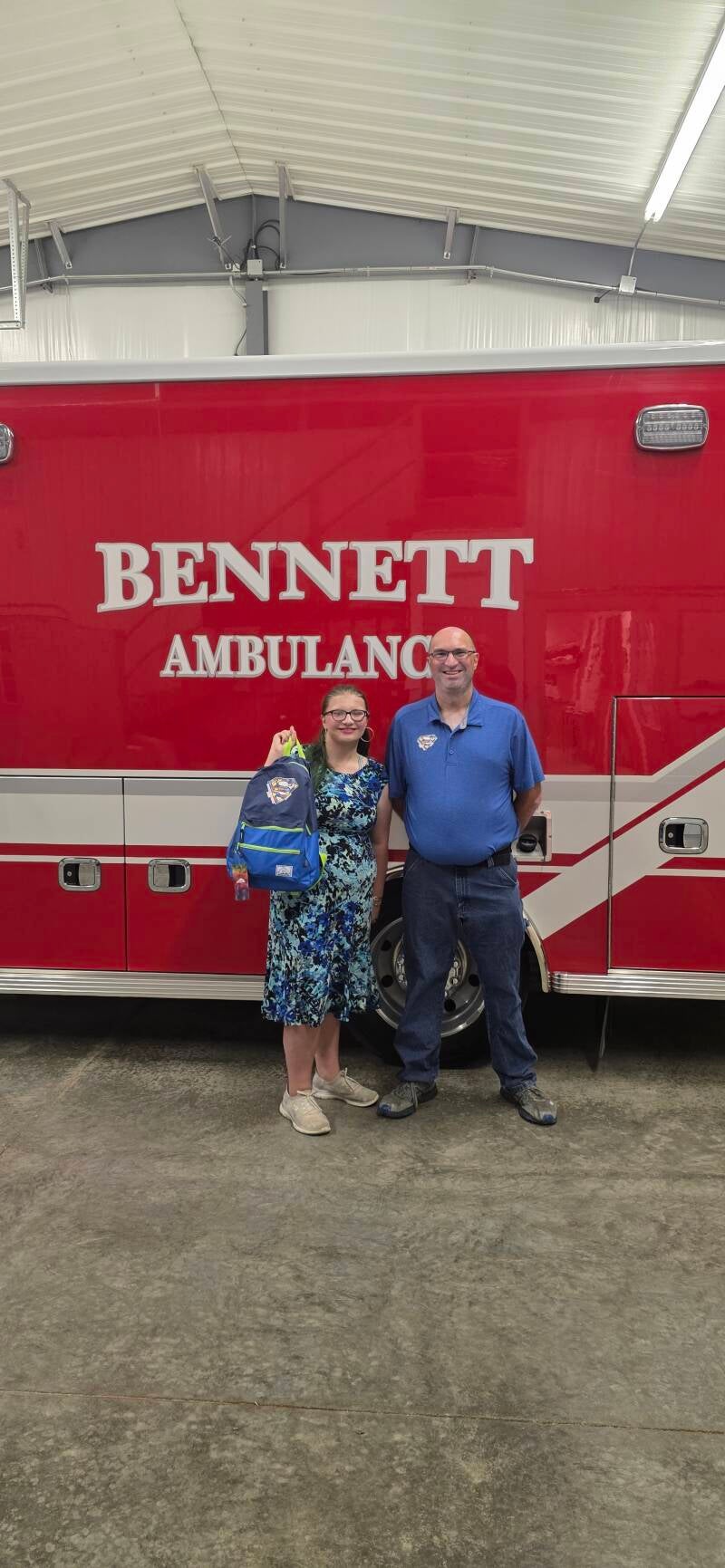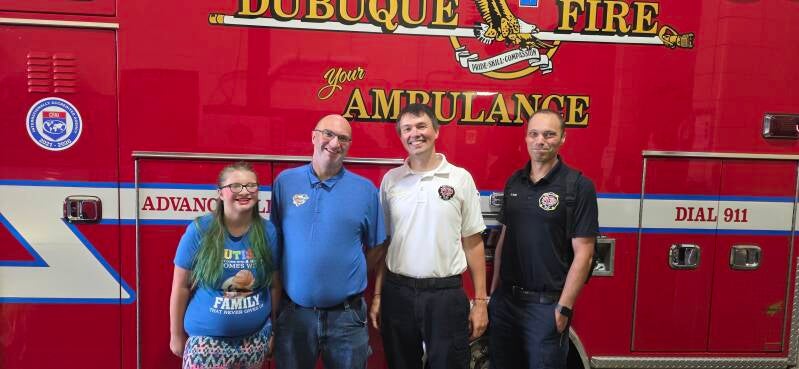Our story
Welcome to our Page! We are the Snaith Family! We have officially started a business and are officially a 501 (c)(3) nonprofit. We have 4 children, with 2 of them having Autism, Gracie who is 13 and Christian who is 8. Tommy is 10 years old and Aiden is 3 years. Both Tommy and Aiden are Neurotypical. My family started the ASD Sensory Project at Medic EMS in Davenport, IA in 2019 as we saw the need in our community to have people understand Autism more especially when it came to healthcare and how to help prevent meltdowns and severe stimming when having to have EMS response or any healthcare interactions. We want to be able to provide more education from a Parents Perspective as well as Professional Expertise. My wife, Elizabeth is a Behavioral Health Specialist. Together We give presentations and also provide Sensory Kits to First Responders in the Tri-State Area. Having the background on both sides personal and professional we can help to make EMS response to ASD individuals less traumatizing.


"Personally, I think the sensory bags are a great addition to our ambulances. They are well organized. It helped out greatly when I used it on a 911 call. I was able to communicate with the kiddo a lot smoother than I would have been able to do without the bag and word flip book. Being in an ambulance is stressful enough for people, and 100x worse for autistic people, but using the bag definitely calmed some nerves down. I think they should be in places like daycares and schools, as I do believe they will make a positive impact in places where there are most likely going to be autistic kiddos and people."
Alianiz Rivera
MEDIC EMS of Scott County, EMT-B
"I learned more from your class today, than any other"
Attendee from IEMSA Conference
"These items were used on a 911 call. It was a child with autism, and they worked well according to the medics."
One of the Services we provide for!
Q!a2"You guys did amazing, thanks so much for what you do. I really learned a lot. It was so nice to see the Specialized car seat and how to work with the locking chest clip"
Attendee from IEMSA Conference
Meet our board of directors
ELIZABETH SNAITH
Director/Co-Founder
SHAWN SNAITH
President/Co-Founder
DANIELLE GUILLIAMS
Treasurer
BAILEY TIGGES
Secretary
GAVIN TIGGES
At Large Board Member

BECOME A PART OF THE GROWING NUMBER OF SERVICES JOINING THE MOVEMENT
Behind every service we provide is a dedicated team of professionals,
Address
3304 Adams Street
52807 Davenport
Phone
(563) 271-8310 or (563) 271-8779
Connect








